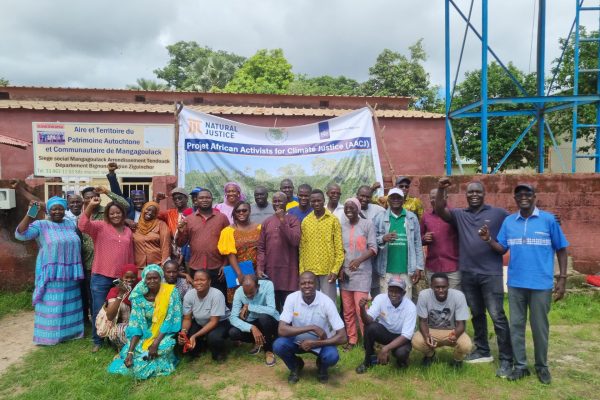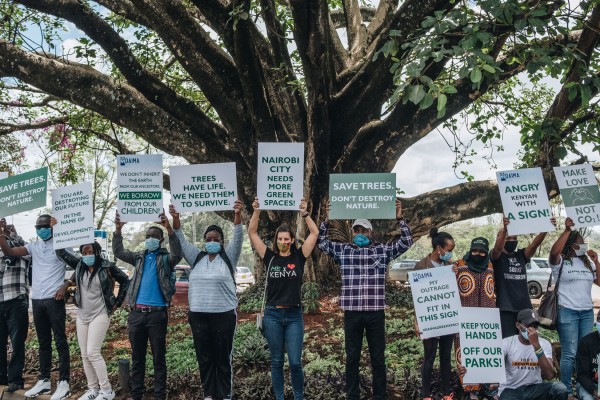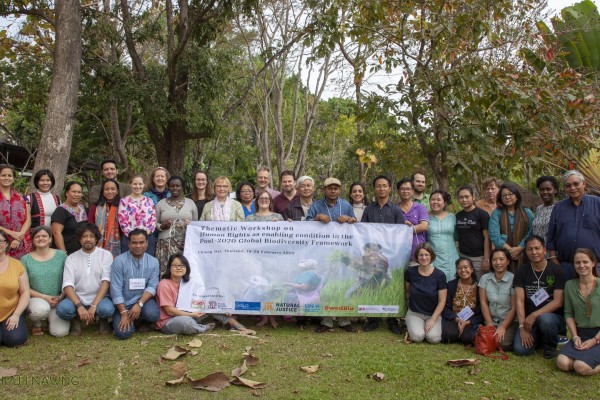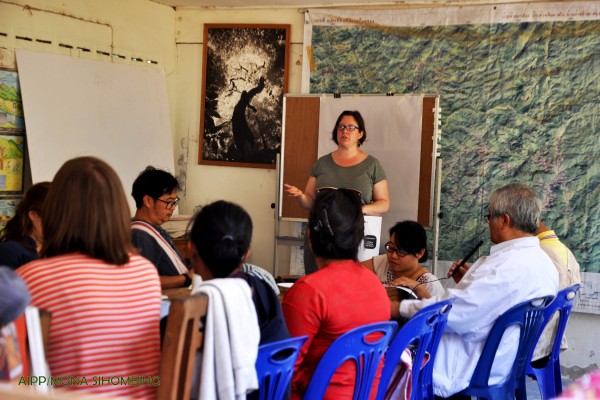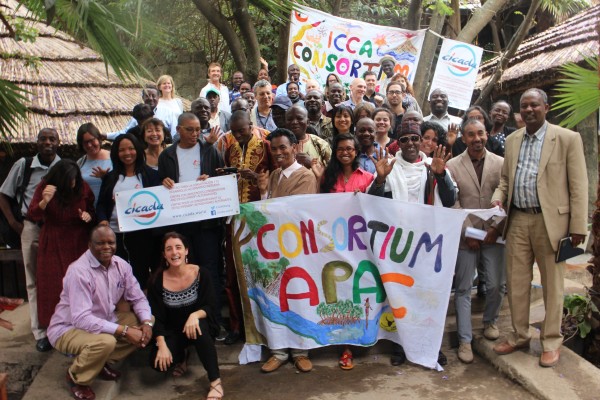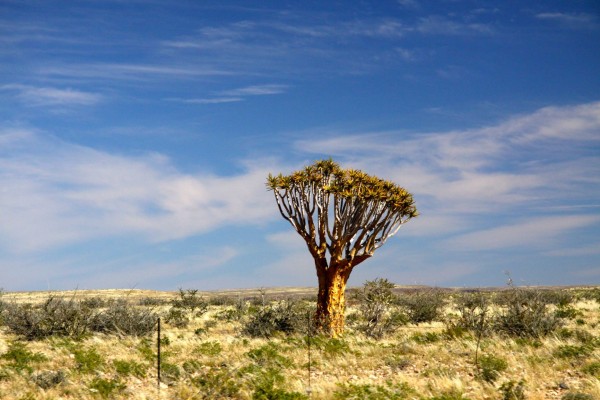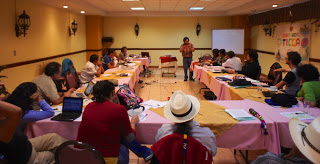 |
| Courtesy of Eli Makagon |
On March 23, 2013, the ICCA Consortium held a Mesoamerican regional meeting in Totonicapán, Guatemala. The meeting, held from March 23 to March 27, brought together representatives from a range of different organizations and community groups working on ICCAs in the region. Presentations were made on efforts underway in Mexico, Guatemala, Costa Rica, Nicaragua, Panama and El Salvador regarding ICCAs. Participants shared experiences regarding successes they have had and challenges they continue to face. In Tarcoles, Costa Rica, for example, a local fishing community has created a marine reserve where decisions are made at the local level, with government oversight, that has helped increase fish stocks in the area. Other ICCAs in the region have had varying levels of success in obtaining recognition and enforcing local rules. The biggest challenges remain government actions without prior consultation of those affected and lack of respect for customary methods of conservation management.
Several other issues were also addressed at the meeting, including the United Nation’s Reducing Emissions from Deforestation and Forest Degradation (REDD) programs, the effects of payments for ecosystem services that governments in the region are increasingly offering, and the selection of an ICCA Consortium coordinator for the Mesoamerican region. Eli Makagon, with the assistance of Joseph Kuper, presented on the international legal landscape surrounding ICCAs, noting that ILO 169 is a particularly effective treaty in the region given that twelve Latin American countries have ratified it. At the close of the meeting a public event was held to share results and ways forward. It is clear from the experiences shared that despite significant challenges, a robust system of ICCAs exists in the Mesoamerica region and that more and more communities are seeking and obtaining recognition of their conserved areas.

